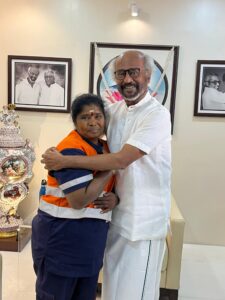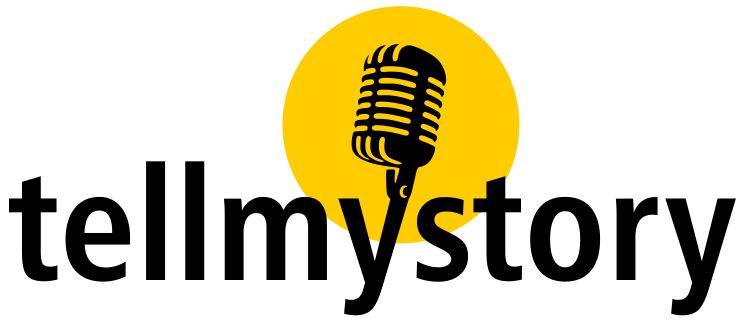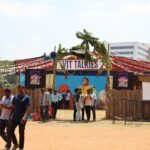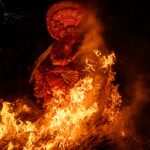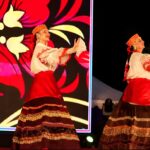
I’m Not Meant For Sale. Fight Human Trafficking.

Women are one of the major groups considered most vulnerable to human trafficking. This is mainly for sexual or commercial exploitation. Women and girls are kidnapped, sold, and forced to be slaves in nearly every country all over the world, though many human rights and government organizations agree that trafficking of women is a serious violation of human rights that ought to be fought and stopped. Trafficking of women is an ancient enterprise that dates back almost to the beginning of civilization. Women slaves were highly valued in ancient nations for use as prostitutes and concubines. However, in the contemporary world trafficking of women is to fuel the prostitution trade.
Traffickers often recruit women from destitute areas, promising to smuggle them to a new country and find their work as domestic servants, etc. In reality, the women are often raped and abused by their recruiters and sent to brothels or underground prostitution rings where they are sometimes literally under lock and key. There is also domestic servitude and forced marriage. Many are told that they will have to work in sex industry until the debt for their transport has been paid off, which may effectively be for the rest of their lives. As a result, they become unhealthy and more likely to suffer from illnesses of all kinds and with sexually transmitted diseases.
Not only elders are trafficked but even the little ones are victims of this evil. Some kidnap little children from public places including railway stations and even isolated places and entice girls with drugs and force girls as young as 5 years old to take hormone injections to appear older.
Human trafficking is a global problem affecting people of all ages. It is estimated that approximately a million people are trafficked each year globally and that between 20,000 and 50,000 are trafficked into the United States. Around the world, there are an estimated 40.3 million victims trapped in modern-day slavery, including 24.9 million in forced labor and 15.4 million in forced marriage. 71% are female, 29% are male, 30.2 million victims are above 18 and 10.1 million are below 18, and 79% of victims are for sexual exploitation.
In India, there are different Acts passed by the Government for the safety of women from being trafficked, like Sections 372 and 373 dealing with the selling and buying of girls for the purpose of prostitution. The Immoral Traffic (Prevention) Act, 1956 (ITPA) is the premier legislation for the prevention of trafficking for commercial sexual exploitation. There are other specific legislations enacted relating to trafficking in women and children – Prohibition of Child Marriage Act, 2006, Bonded Labour System (Abolition) Act, 1976, Child Labour (Prohibition and Regulation) Act, 1986, Transplantation of Human Organs Act, 1994, Protection of Children from Sexual offenses (POCSO) Act, 2012, is a special law to protect children from sexual abuse and exploitation.
It’s not just the poor or uneducated but even well-educated turn victims of this. Therefore it’s important we need to raise awareness about the traps, targets, and false offers that traffickers deploy. Citizens also ought to be made aware of their rights, Acts, and the laws of our country. And if you come across human trafficking do intervene and do not close your eyes. It might be you tomorrow. “We are not meant for Sale but to be loved and cared for, for we too are human”.
Check our website www.tellmystory.in
Follow our socials for more inspiring stories —YouTube: https://youtube.com/channel/
Hoote: https://hoote.page.link/
Instagram: www.instagram.com/tellmystory.
Twitter: www.twitter.com/tellmystory__
Facebook: www.facebook.com/tellmystory.
Related News

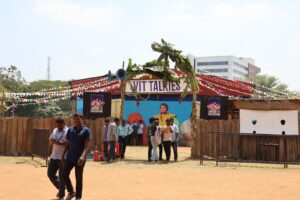
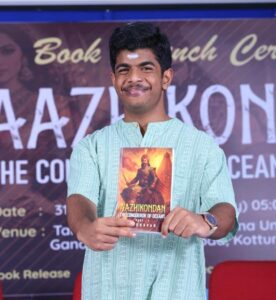
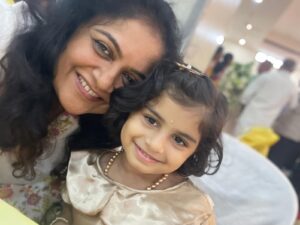
The Ones Who Stay Young With Us
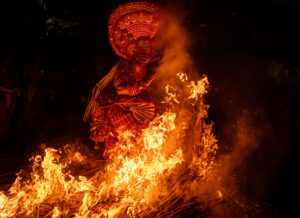
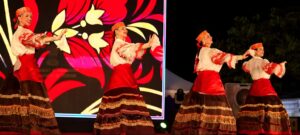
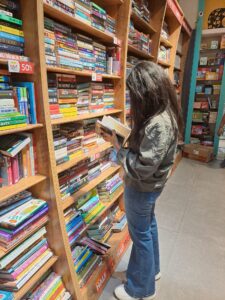
In My Own Company
